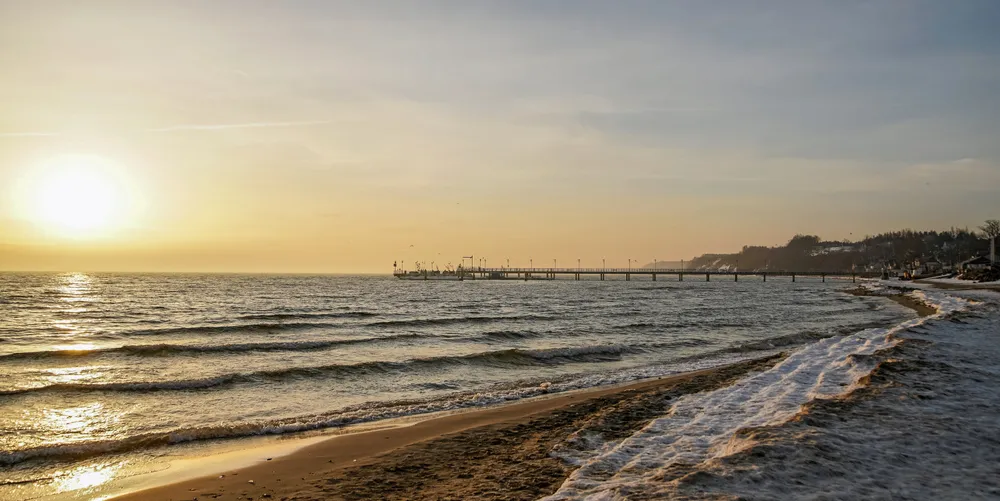Equinor and Polenergia seek CfD support for gigawatt-scale Polish offshore wind
Norwegian oil major and Polish utility submit application to energy regulator for 1.4GW Baltyk 2&3 area after recent approval of offshore wind act

Norwegian oil major and Polish utility submit application to energy regulator for 1.4GW Baltyk 2&3 area after recent approval of offshore wind act
